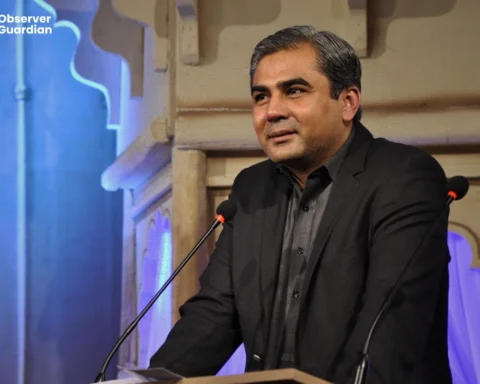Provincial Management Service applicants in Pakistan have protested against what they call an unfair increase in the passing marks for recruitment exams. The candidates say the sudden change has created confusion and made the process harder for those who studied under the old criteria. They argue that it is unfair to change the rules during an ongoing recruitment process.
Many candidates gathered outside government offices to demand that the new policy be withdrawn. They believe that increasing the passing marks without proper notice puts thousands of students at a disadvantage and damages trust in the transparency of the examination system. The applicants want the old criteria to remain in place for the current exams and for any future changes to be announced well in advance.
Change in Passing Criteria
According to the candidates the commission increased the minimum passing marks for the PMS exams without giving proper notice or a transition period. This sudden change has caused stress among students who prepared according to the previous standard. Many said that the decision should have been implemented in future exams only after proper consultation with stakeholders.
They also questioned the timing and fairness of the policy saying it has affected their preparation and chances of success. The aspirants demanded that the authorities restore the old marks for the current recruitment and ensure better communication in future.
100 Plus Pakistani IT Companies Expand Footprint in Saudi Arabia
Candidates Demands and Future Steps
The candidates have demanded that the government immediately withdraw the new passing mark rule for this exam cycle. They also asked the authorities to explain why the decision was made and how it benefits the recruitment process. They want a clear and fair policy that applies equally to all.
If their demands are not accepted the applicants said they will continue peaceful protests and may approach the courts for justice. They stressed that the recruitment system should remain fair transparent and based on merit so that hardworking candidates are not left behind due to sudden policy changes.







